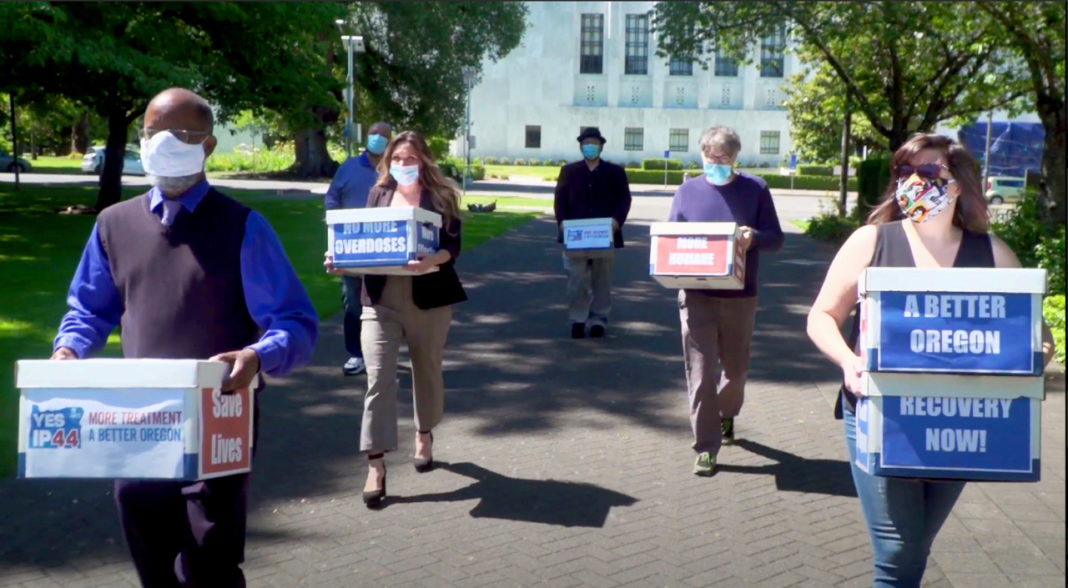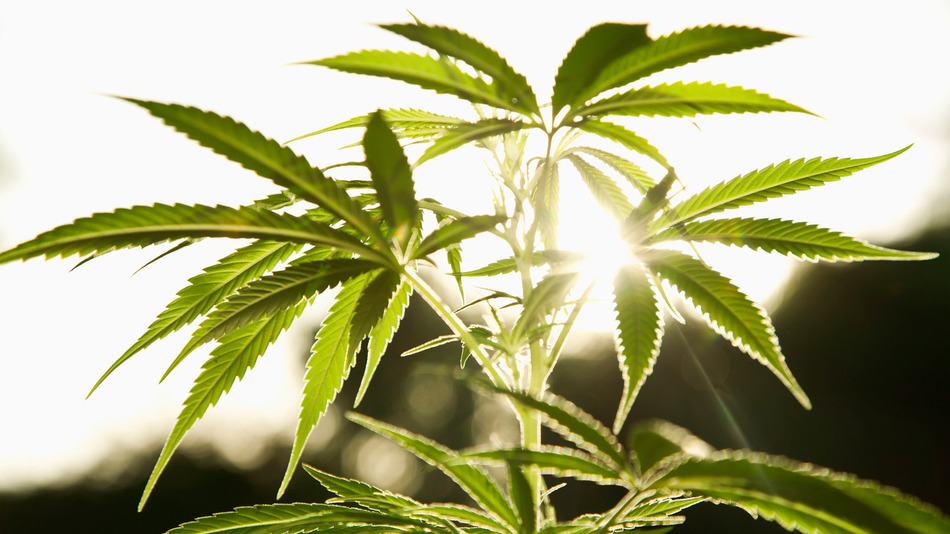Portland, OR – In a dramatic recognition of the urgency of providing treatment, health and harm reduction services in conjunction with the all-drug decriminalization provisions outlined in Measure 110 that went into effect February 1, the Oregon Joint Ways & Means Committee voted Friday to provide $20 million in up-front funding. The funding approval comes more than three months ahead of schedule, as the deadline specified in the measure to begin distributing funds is June 30. Once approved by the full legislature, the funding will be added to the $7.8 million that was already deposited into the Drug Treatment and Recovery Services Fund (created through Measure 110) from the McKinsey & Company opioid settlement at the beginning of February.
“We thank the Oregon legislature for recognizing the urgent need to provide people with health and harm reduction services as outlined in Measure 110 and supported by over 58.5% of voters in the state,” said Theshia Naidoo, Managing Director of Legal Affairs at the Drug Policy Alliance. “What we know is that expansion of services goes hand in hand with successful decriminalization policies. We’ve seen increased access to health services be the key to success in other countries that have implemented some form of decriminalization, such as Portugal and Switzerland, and we know that it will hold true here as well.”
The proposal passed out of committee Friday and is headed for a full floor vote in the House, where it is expected to pass. Due to the emergency clause contained within the bill, funds will be made immediately available, thereby allowing the Oregon Health Authority to quickly distribute them to community-based organizations throughout the state, which can begin providing services.
“The Health Justice Recovery Alliance has been working closely with lawmakers to urgently address Oregon’s addiction crisis,” said Tera Hurst, Executive Director of the Health Justice Recovery Alliance. “Before the pandemic, Oregon was already in the midst of an addiction crisis. What we’re seeing now is providers having to shutter operations and reduce staff and programs, all during a time when people need these services now more than ever before. The need for funding is overwhelming, and this $20 million will help ensure that providers can serve the most vulnerable individuals in our community.”
Providers from across the state have weighed in to share how emergency funds can help them meet the tremendous need for services across the state:
“People with addictions are having an especially hard time during this pandemic, and this money can help us provide additional harm reduction-centered overdose prevention education, and facilitate access to naloxone so that we can keep people safe.” – Haven Wheelock, MPH, Overdose Prevention Specialist at Outside In.
“These funds can help us address the racist War on Drugs’ disproportionate impact on Black, Latinx, Native and tribal communities by providing housing for Black individuals transitioning out of incarceration, and allowing us to hire additional peer support specialists to help people in their recovery journey.” – Larry Turner, Executive Director, Fresh Out
“Our community was hit hard by the wildfires last summer; hundreds of individuals, including many living in affordable housing units, have been displaced. More people in our community are using substances to cope with the trauma of this experience, and need the services treatment organizations provide. These funds can help house up to 120 Southern Oregon residents who are struggling with Substance Use Disorder to aid them in their journey to recovery.” – Lori Paris, President & CEO of Addictions Recovery Center in Medford
“This funding would allow us to provide stable, safe, sober housing for up to 25 individuals struggling with addiction in our rural communities. We can work quickly to meet the need by increasing capacity within agencies already integrated in our communities.” – Amy Ashton-Williams, Executive Director of Oregon Washington Health Network, which operates in Union, Umatilla, Morrow Counties in Oregon and in Walla Walla county in Washington
Last November, Oregon voters made history by passing Measure 110, the Drug Addiction Treatment & Recovery Act, which decriminalized personal possession of all drugs and expanded access to evidence-based, culturally-competent treatment, harm reduction and other health services, peer support and recovery services, and even housing and job assistance. The effort was spearheaded by Drug Policy Action, the advocacy and political arm of the Drug Policy Alliance.















